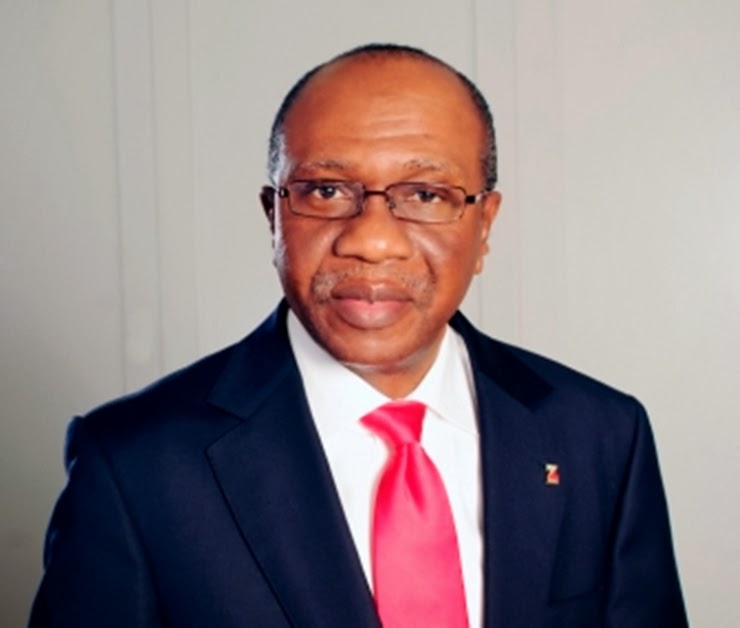Since his assumption of office on May 29 this year, President Muhammadu Buhari has not left anyone in doubt that he is truly out to fight corruption as part of the change he promised Nigerians during his campaign. Most of his actions so far have clearly shown that we are certainly in an era of change, geared towards achieving a better Nigeria where it would no longer be business as usual.
The directive that all revenues due to the federal government, or any of its agencies must be paid into the Treasury Single Account (TSA) or designated accounts maintained and operated in the Central Bank of Nigeria (CBN), has been described by many as a welcome development. It is seen as one of the very good measures adopted by the current administration in its fight against corruption. We all know that corruption is a cankerworm that has eaten deep into the fabrics of our system and kept us in a terribly precarious situation that made our great country to look poor despite the huge human and natural resources we are divinely blessed with.
However, some fears have been raised about the policy. One of such major concerns raised as rightly noted by Peter Agada, a Lagos-based financial analyst is the fact that it is going to negatively affect the activities of the commercial banks; and this will, in his view, have a spiral effect on the entire Nigerian banking industry.
The commercial banks, as observed by another financial pundit based in Benin, Salihu Mohammed, may be left with no option than to downsize. It has even been reported that since the announcement, some commercial banks in the country have commenced the sacking of some of their staff on the excuse that they would no longer be able to maintain them, because of the massive withdrawals of funds by the agencies from their existing accounts in compliance with the government’s directive.
According to reports, with the implementation of the TSA, the nation’s banks would be losing about N2 trillion deposits to the CBN. This may have been the reason why bank treasurers, in countering the policy, argued that the implementation would adversely affect liquidity in the banking system and end up putting pressure on interest rates and availability of credit to the economy.
But despite the worries raised against the TSA concept, most Nigerians seem to be pleased with it. It is believed, as pointed out by John Ocheni, a Lokoja-based business entrepreneur, that scattering government funds in different commercial banks serve as a conduit for the perpetration of fraud by government officials. The thinking is that with this new method, leakages would be blocked and openness and accountability enhanced in the running of government businesses.
Justifying the order for the operation of the TSA, which is aimed at promoting transparency, the permanent secretary, Federal Ministry of Finance, Mrs. Anastasia Daniel-Nwobia said: “The position of the constitution is that all revenues are supposed to go into the Federation Account. Before now, all agencies were allowed to generate revenue, use part of it to fund their operations and remit the operating surplus to the Federation Account. But this act is a further confirmation of the federal government’s resolve that the provision of the constitution must be adhered to. And with all revenues going into a single treasury account, government will have an overview of the money it has in its account and better plan its expenditure. So the leakages that used to be there in the system, where people used money as they wanted and decided what to return to the government will no more be there. There is a better control and management of government revenue.”
In his reaction to the TSA policy, a development economist, Odilim Enwegbara, said: “With the TSA leading to the closure of about 10,000 multiple bank accounts operated by ministries, departments and agencies in commercial banks, banks will have to wake up from their slumber. This is because the era when government’s money is either lent back to government or invested in forex speculations is over.
The CBN governor, Godwin Emefiele has repeatedly said there was nothing to fear about the movement of federal government funds from the banks to the CBN, insisting that it would not have any major negative impact on the liquidity conditions of the banks, contrary to widespread speculations.
The federal government had set a deadline of September 15, 2015 for all MDAs to comply with the new policy. The Accountant General of Federation (AGF), Alhaji Ahmed Idris, while giving an update on the exercise on Tuesday, said the process was slow at the beginning owing to what he described as “teething problems.” The AGF noted that in spite of the challenges at the beginning; huge success has been recorded with the exercise.
It is important to note that the TSA issue did not start with Buhari. Former President Goodluck Jonathan initiated the policy last year. But he could not implement it before he left office on May 29 this year. The implementation deadline by Jonathan was fixed for February 28, 2015. But the said deadline was ignored by the MDAs and no sanction was meted out to them. Some said that Jonathan lacked the gumption to enforce the implementation of TSA because the hands of his administration were not clean enough. Others argued that the former president could not resist the pressure to drop the idea from bank executives and top business magnates in the country who were playing major roles in the sponsorship of his re-election bid.
Interestingly, when President Buhari, known to be a no-nonsense man of high integrity, gave the order on TSA last month via a circular, the same MDAs that looked the other way when Jonathan spoke, quickly started responding. This is the change that Nigerians have been clamouring for.
Michael Jegede, a journalist and public affairs commentator wrote from Abuja
This article was originally published on Daily Trust

